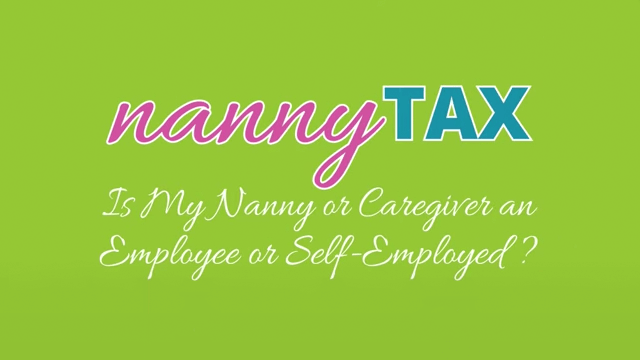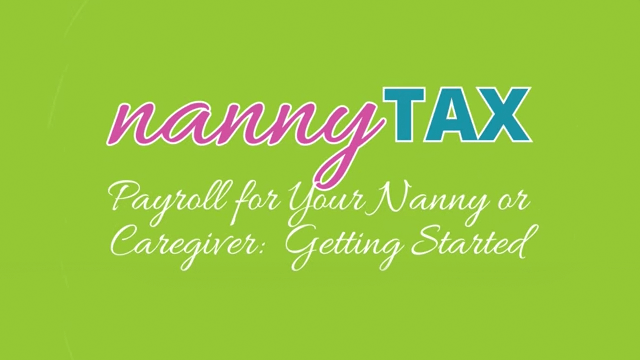
Is Your Elder Safe to Drive?
Does your elder drive? According to Statistics Canada, over 75% of Canadians 65 and older have a drivers license. While many older adults are safe behind the wheel, a large number of the aging population may no longer be. Is your elder safe to drive?
Health conditions do affect a person’s ability to drive.
Dementia, Alzheimer’s, diabetes, arthritis, Parkinson’s, stroke, vision issues, physical conditions, and mental conditions can be red flags that your elder may no longer be safe driving a vehicle.
General aging may make driving unsafe.
As a person ages they may find it hard to react quickly, it may take them longer to process information, and they may not see as well as they did in their youth.
How quickly does your elder react? If a person or an animal ran into the road, would they be able to react quickly, slam on the breaks, or swerve in time? Can they see properly to drive both in daylight and at night?
Risky habits and behaviours can also be a huge cause for concern.
Even if your elder is in perfect health, risky habits and behaviours can be a reason to reconsider them driving. The following are warning signs that shouldn’t be ignored:
- Driving above or too far below the speed limit.
- Getting lost easily or frequently.
- A history of “close calls,” moving violations, or accidents.
- Failing to obey signs and traffic laws.
- Being confused easily.
- Driving distractedly; while eating, talking on the phone, or just not paying attention to the road.
- They become agitated or aggression while driving, also known as suffering from “road rage.”
- They become tired easily and doze off at inappropriate times.
What if you suspect your elder may not be safe behind the wheel?
You are your elder’s advocate. If you have any doubts or concerns about your senior being safe to drive, speak with your elder’s physician. He or she can help you, your elder, and your family make an educated decision based on your elder’s personal health, agility, and history.
What if it’s time retire the driver?
Losing a license for a senior has been described as feeling like a limb has been taken away. If it’s time for your elder to retire from the wheel you must be firm about them no longer driving, yet patient, kind, and understanding of their feelings.
They are losing part of their independence, but it’s nothing for them to feel embarrassed about. Be prepared to explain the decision and to ask for support from other family members.
Now that your senior is no longer driving, they may feel isolated and trapped in the house. Offer to take them places and try to set up a transportation schedule with other family members. You may also want to look into senior programs in your area. Some offer rides, meal deliveries, daytime group activities, and more.
Photo courtesy of Joe Murphy on Flickr.










